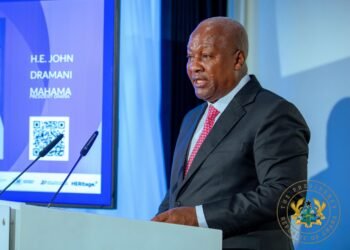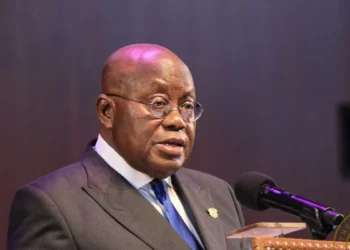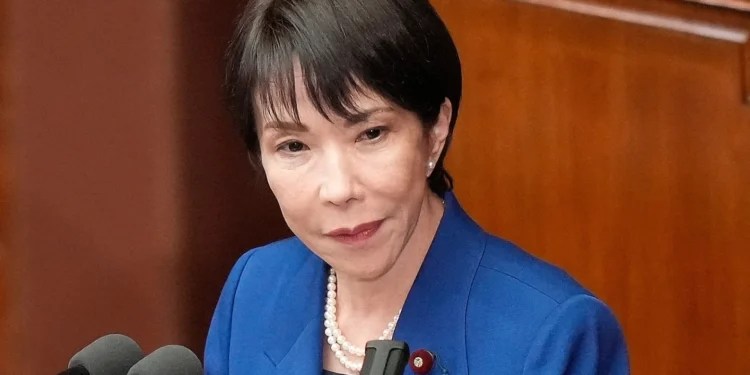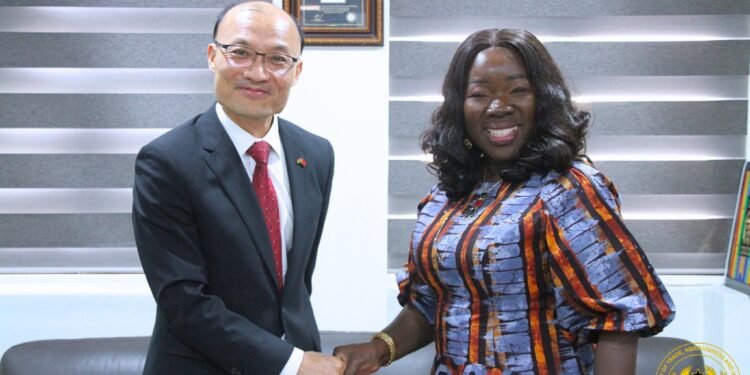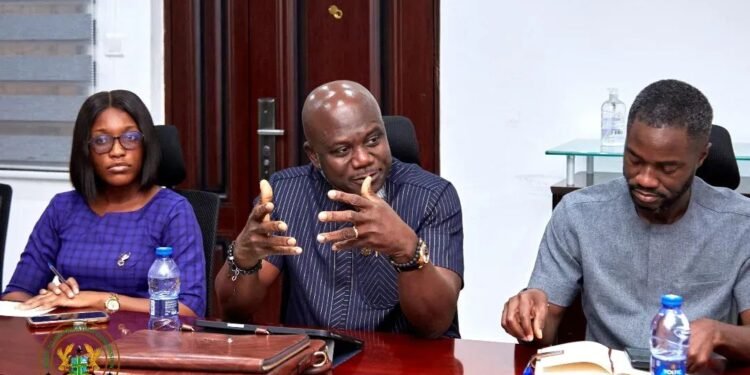The think tank IMANI Africa has raised questions about the transparency and political undertones surrounding the Speaker of Parliament’s sudden postponement of the Third Meeting of the First Session of the Ninth Parliament, originally set for October 14, 2025.
On October 6, 2025, the Speaker, Rt. Hon. Alban Sumana Kingsford Bagbin, announced an indefinite deferment of the sitting, citing only “circumstances beyond my control.” The announcement was followed two days later by a revised notice scheduling the resumption for October 21.
IMANI Africa noted that while the Speaker possesses full procedural authority to summon Parliament, the vague explanation has sparked a wider debate about accountability and institutional transparency.
“The procedural authority of the Speaker to summon Parliament is not in doubt, but the opacity surrounding this deferment raises critical questions about parliamentary accountability, executive-legislative relations, and the responsiveness of Ghana’s democratic institutions”
IMANI Africa
According to the analysis, such decisions are typically made following consultations between the Majority and Minority leadership to ensure procedural balance and political feasibility. The sudden reversal suggested either a breakdown in consensus or unresolved issues within the leadership discussions.
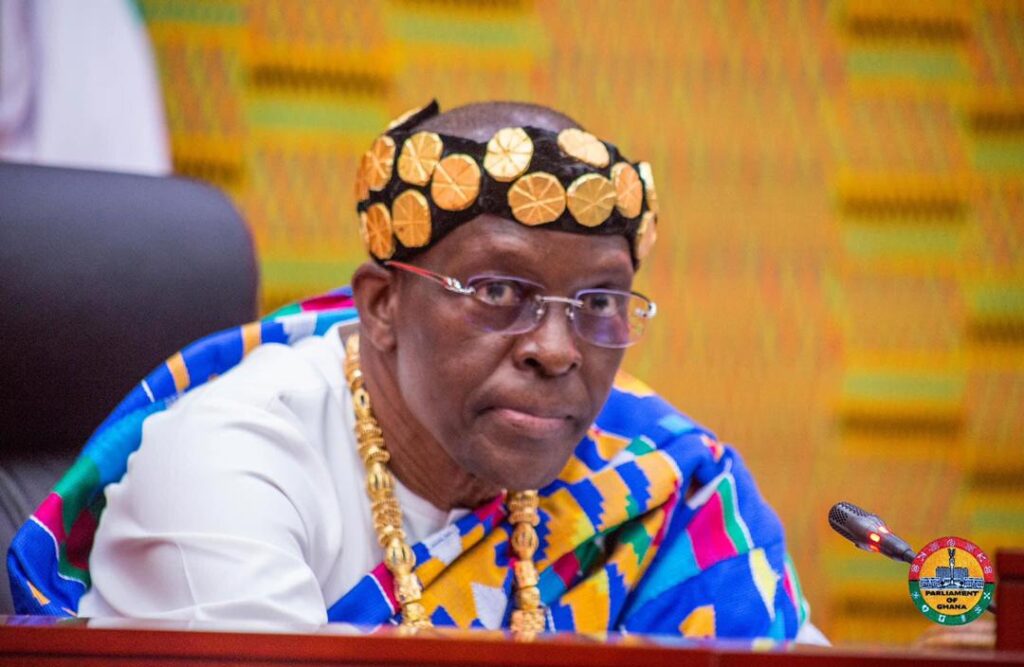
IMANI observed that the reference to “circumstances beyond his control” hinted more at political undercurrents than at logistical barriers.
Bills in Limbo
IMANI’s review of pending legislative business revealed that several key bills remain before Parliament, including the repeal of L.I. 2462 and the enactment of L.I. 2501, both relating to the regulation of Ghana’s mining sector and the ongoing fight against illegal mining.
These, alongside the Ghana Investment Promotion Authority Act and the Security and Intelligence Agencies Bill, represent high-impact legislation with implications for environmental governance, investor confidence, and institutional reform.
“To defer parliamentary business at such a juncture is to delay decisions that touch the very core of Ghana’s developmental trajectory,” the policy institute cautioned, underscoring that while the Speaker’s procedural independence is constitutionally protected, such abrupt postponements without sufficient explanation risk undermining the credibility of parliamentary processes.
The analysis also revived a longstanding criticism of Ghana’s legislature – that Parliament often demonstrates unity and urgency only when issues of members’ personal welfare arise.
Matters such as salaries, allowances, or ex gratia payments tend to enjoy “swift bipartisan attention,” while more consequential issues like environmental protection, economic policy, and national security are often subject to inertia.
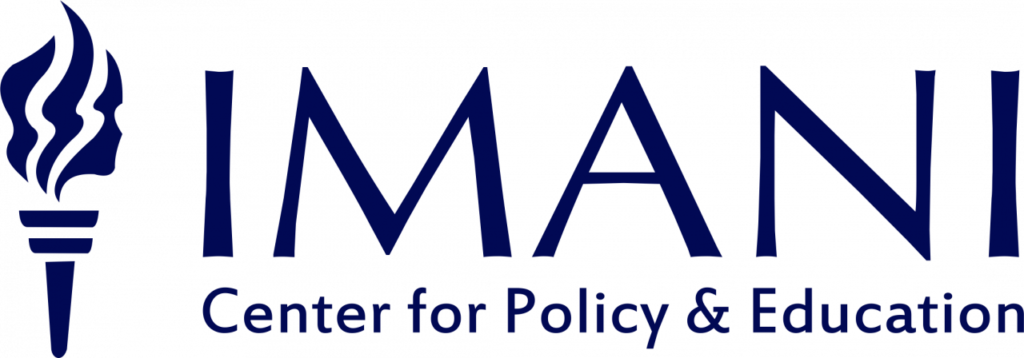
IMANI noted that this dissonance between private interest and public duty erodes public confidence in the institution.
“When Parliament moves quickly to resolve matters of its own welfare but drags its feet on laws affecting millions, citizens question whether their representatives act in the national interest”
IMANI Africa
Political Undercurrents and Majority Control
Despite the governing party’s commanding majority in the House, IMANI highlighted that the Speaker’s inability to convene proceedings as planned points to deeper political fissures, “whether in policy alignment, welfare demands, or cooperation with the Minority,” IMANI remarked.
More factors included differences over conditions of service, strategic legislative priorities, or strained executive-legislative coordination. Such developments, the think tank added, illustrate that parliamentary efficiency is not merely a question of procedure but one of political will and institutional maturity.
IMANI noted the severity of the issue by pointing out that even with its numerical advantage, the Majority recently managed to pass the Energy Sector Levy (Amendment) Bill, 2025 – which introduced a GHS 1 levy on petroleum products – without the participation of the Minority.
Ultimately, IMANI Africa concluded that Ghanaians deserve clarity and accountability from their representatives on the matter. The postponement of Parliament, even for a week, carries symbolic and practical implications for governance and public trust.
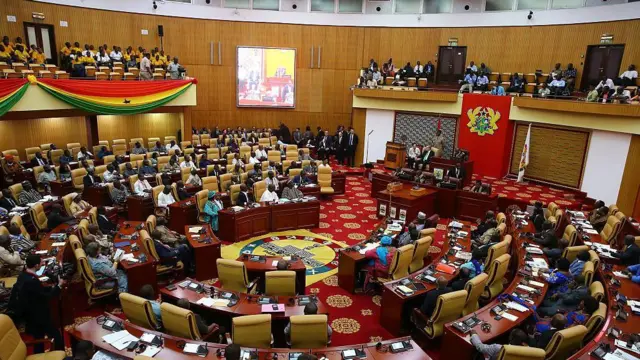
“If Parliament is to remain the fulcrum of Ghana’s constitutional order, it must not only exercise its powers with transparency but also demonstrate that its delays and decisions are guided by public interest rather than political expediency”
IMANI Africa
While the October 21 resumption date appears to have resolved the immediate procedural uncertainty, the underlying tensions reveal a fragile consensus within Ghana’s Ninth Parliament.
IMANI’s warns that sustained opacity could further weaken citizen confidence in democratic institutions if left unaddressed.






